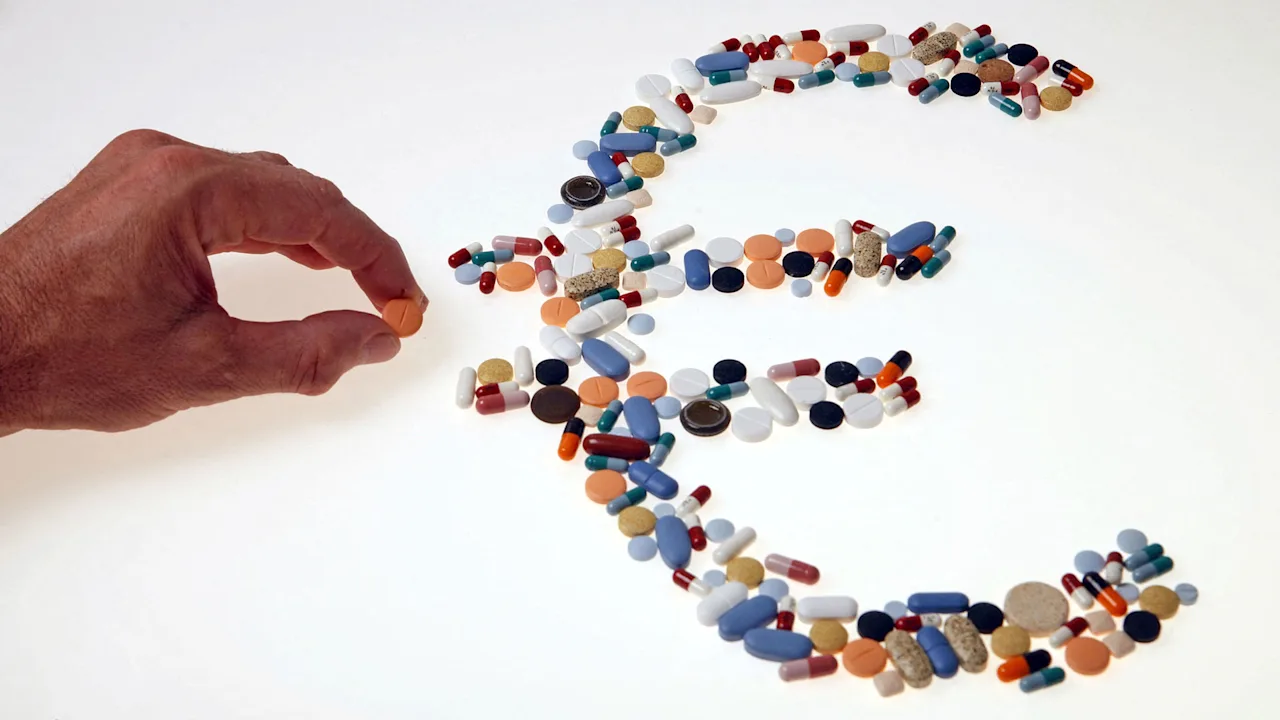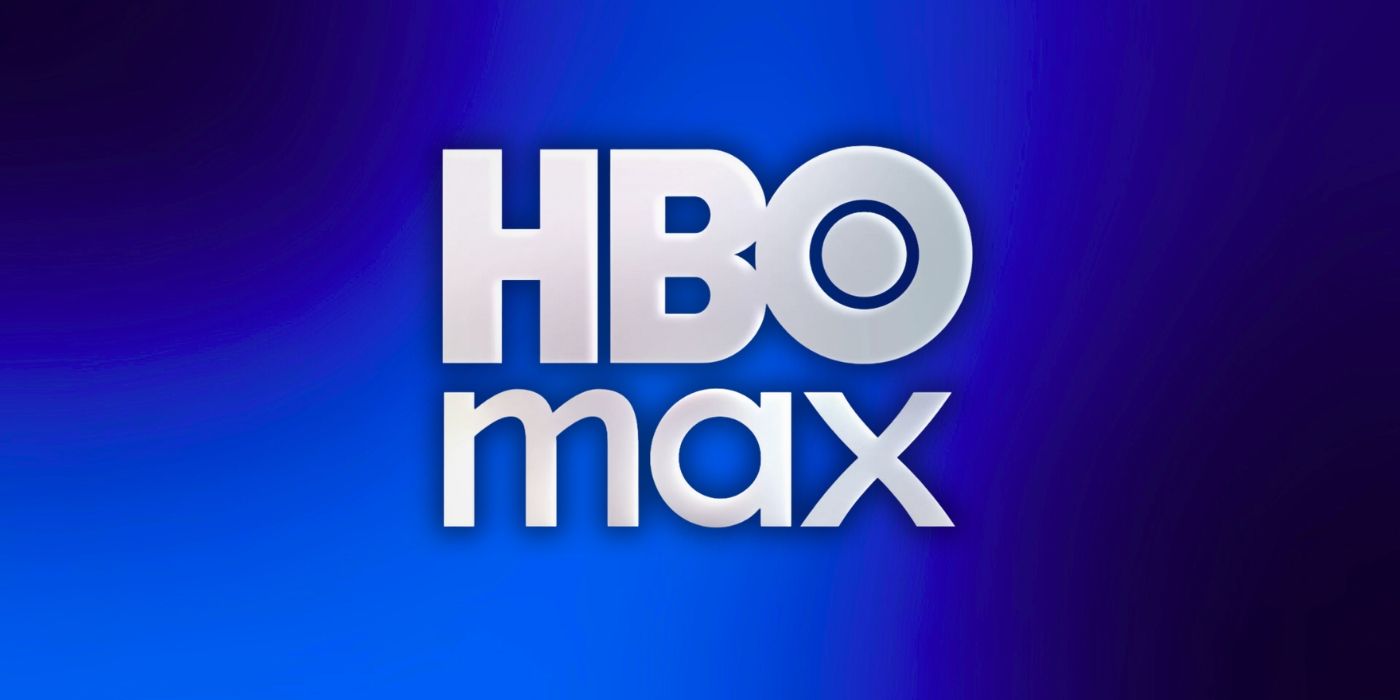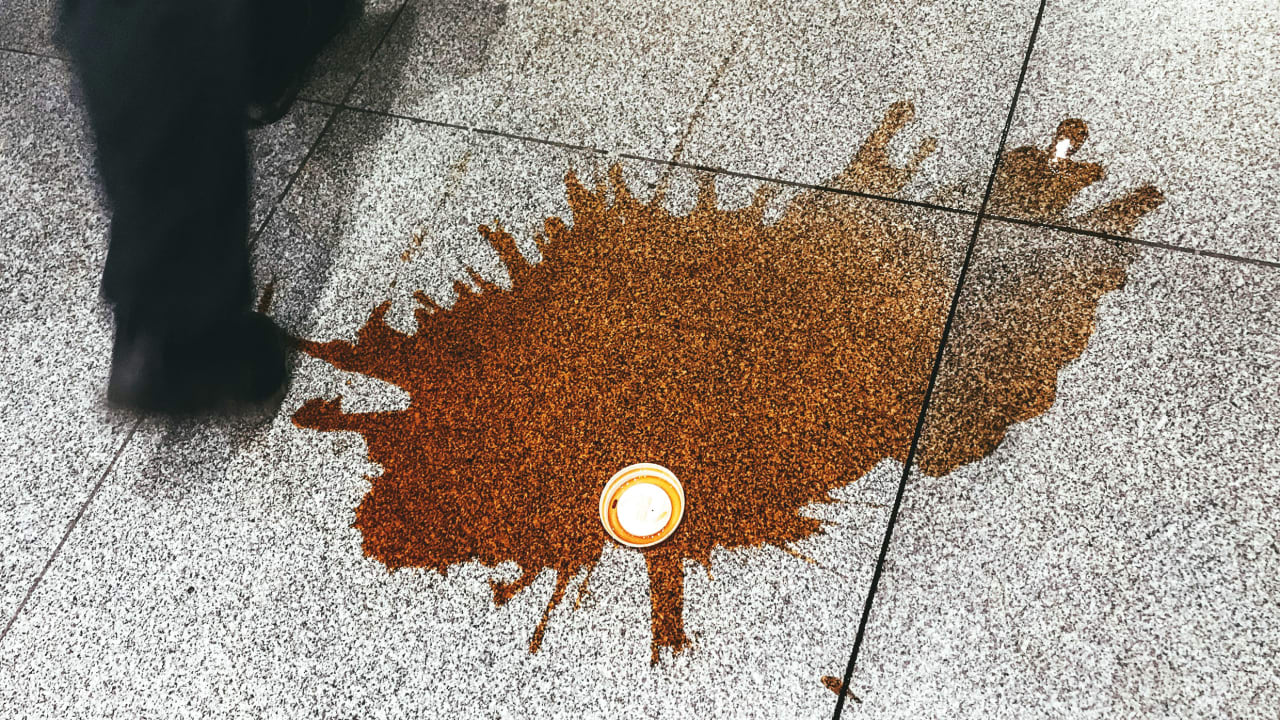Sources reveal the Trump administration’s plans for cutting U.S. drug prices

The Trump administration has been talking to drugmakers about ways to raise prices of medicines in Europe and elsewhere in order to cut drug costs in the United States, according to a White House official and three pharmaceutical industry sources.
U.S. officials told drug companies it would support their international negotiations with governments if they adopt “most favored nation” pricing under which U.S. drug costs match the lower rates offered to other wealthy countries, the White House official said.
The U.S. is currently negotiating bilateral trade deals and setting tariff rates on the sector.
The Trump administration has asked some companies for ideas on raising prices abroad, two of the sources said, describing multiple meetings over several months aimed at lowering U.S. prices without triggering cuts to research and development spending drugmakers insist would result.
The White House official called the effort collaborative, saying both sides were seeking advice from each other.
The U.S. pays more for prescription drugs than any other country, often nearly three times as much as other developed nations. President Donald Trump has repeatedly said he wants to narrow this gap to stop Americans from being “ripped off.”
The previously unreported discussions reflect the challenges Trump faces to achieve that goal, and are the backdrop to the letters he sent last week to CEOs of 17 major drugmakers, urging them to cut U.S. prices to match those paid overseas.
Unlike in the U.S., where market forces determine drug prices, European governments typically negotiate directly with companies to set prices for their national healthcare systems.
Anna Kaltenboeck, a health economist at Verdant Research, said European nations have leverage to drive pricing and are sometimes willing to walk away from purchasing medicines they deem too expensive.
Drugmakers generate most of their sales in the U.S. The Pharmaceutical Research and Manufacturers of America — the industry’s main lobby group — has always argued that cutting U.S. prices would stifle innovation by lowering R&D spending. PhRMA declined to comment on the private meetings.
Kaltenboeck said past studies had shown that drugmakers made enough money in the U.S. to more than fund their entire global R&D spends.
“Prices can come down in the United States without being increased in other countries, and we can still get innovation,” she said.
TOP PRIORITY
Despite the Trump administration’s tariff threats and pressure to move more manufacturing to the U.S., the push to raise European drug prices is its top priority in discussions with industry, according to a senior executive at a European drugmaker, who spoke on condition of anonymity about the confidential meetings.
“This is the key conversation right now with PhRMA and every company getting that message from Pennsylvania Avenue to a point that we are already executing on it,” the executive said, referring to the White House address. The company had already met with European governments on the issue, the executive added.
An E.U. Commission spokesperson said it is in regular contact with the pharma industry and pointed to an agreement with the U.S. that should it impose tariffs on pharmaceuticals, they would be capped at 15%.
When asked how the administration would support international drug price negotiations, the White House official referred Reuters to Trump’s most favored nation executive order from May. That order directed trade officials to pursue trade and legal action against countries keeping drug prices below fair market value.
In last week’s letters, Trump complained that since the May executive order, most industry proposals had simply shifted blame for high prices or requested policy changes that would result in billions in industry handouts.
A second source, a pharmaceutical executive who was not authorized to speak on the matter, said the Trump administration has been continually meeting with representatives of his company and had discussed strategies for raising drug prices internationally.
“There’s a big push from the administration to drive up prices outside the U.S.,” the executive said.
The executive said the Trump administration had been looking at using trade talks with the UK and EU as leverage, and considered pressuring countries to spend a higher percentage of GDP on new medicines or offering tariff breaks in exchange for higher drug spending.
It was understood that the UK deal specifically aims to get the country to ramp up investment in branded medicines over time, the executive said.
A spokesperson for the UK government said it would continue to work closely with the U.S. and its own pharmaceutical industry to understand the possible impact of any changes to drug pricing, without commenting on the trade talks.
In April, over 30 industry CEOs including those from AstraZeneca, Bayer and Novo Nordisk signed a letter to European Union President Ursula von der Leyen saying Europe needed to rethink its pricing policies.
“It’s going to be very difficult for a country that already has the ability to control what it spends to go in the other direction,” Kaltenboeck said, “and it doesn’t make much sense for them politically.”
—Patrick Wingrove and Maggie Fick, Reuters
What's Your Reaction?
 Like
0
Like
0
 Dislike
0
Dislike
0
 Love
0
Love
0
 Funny
0
Funny
0
 Angry
0
Angry
0
 Sad
0
Sad
0
 Wow
0
Wow
0






























































































